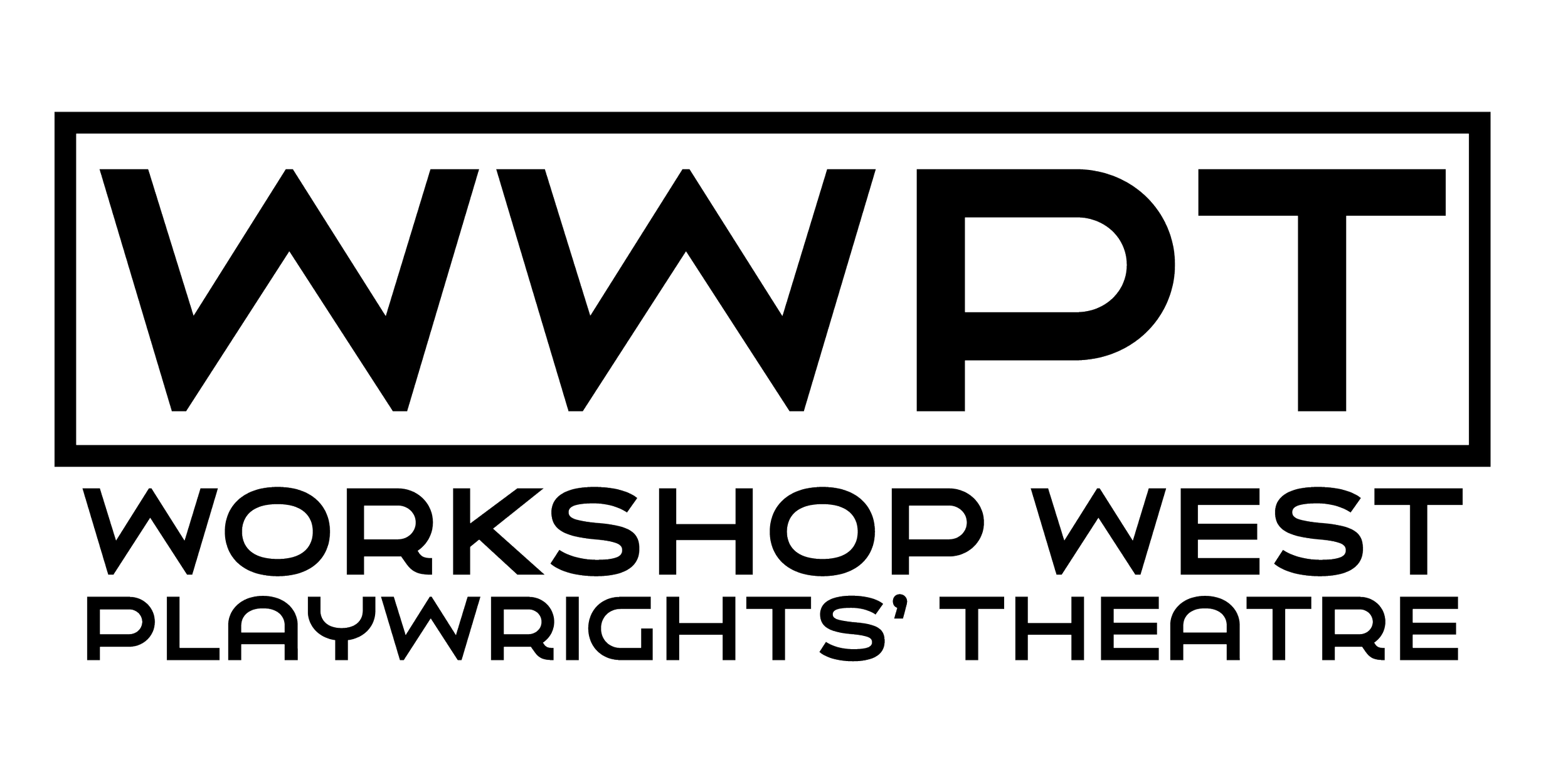Rebecca Merkley on Songwriting
Rebecca Merkley
Playwright in Springboards.
Rebecca playing piano. (Image Supplied by Author.)
I started writing music at the age of 6 on this tiny electric piano my dad bought for my brother. I sat at that thing for hours and pounded out little melodies. It was all instinct. The first song I ever wrote is written in crayon. It’s adorable and if you ask nicely, I will sing it for you. I always understood how to piece together a song, it was always just there. I can’t really explain it. I understand the science behind it now as I have studied music theory, but it never was nor will be part of my process. I sit down at a piano or with my guitar, and play something. Then I hum along and if I like it, if it sounds pretty, I record it so I don’t forget it. I have so many lyric-less melodies recorded on my phone; just me singing gibberish over chord progressions. I hear harmonies before the song is completed. This part of the process motivates me to write lyrics. I’ve always enjoyed singing backup far more than being a soloist. Even in theatre, I would much rather be in a supporting role. It’s just more interesting to me. So is singing harmony.
The lyrics have always been the tricky part. It’s nerve wracking to share the things in my heart. I still worry about getting teased. For years I kept my songs on pieces of scrap paper tucked away in my guitar case. But when I go back and look at them, I also find scribbled notes from the few people who heard them, who told me that my songs were good and that the world needs to hear them. I always found those types of phrases dramatic. I’m sure the world doesn’t need anything from me. Perhaps I’m a bit of a cynic, but I also know that I need to trust when others give me encouragement because I will always find a reason to doubt myself.
Despite the challenges of creating a fully formed piece by matching my heartfelt lyrics with the melodies and harmonies in my mind, the hardest part will always be the sharing of the song. I write something but then don’t know what to do with it. Pairing songs with a play is easier because I can compose in the context of someone else’ story. But when my life is the story? Scary. But if we don't put our songs out into the world, people won’t have the chance to experience them. To feel along with you. Or perhaps be affected in a whole other way. It’s magic, really. I guess if I had to sum up my songwriting process it would be that the relationship between words and music find their way when I choose to let go and trust that what I have to say is good. My greatest expression has always been sung. And my truth has always been a song.



